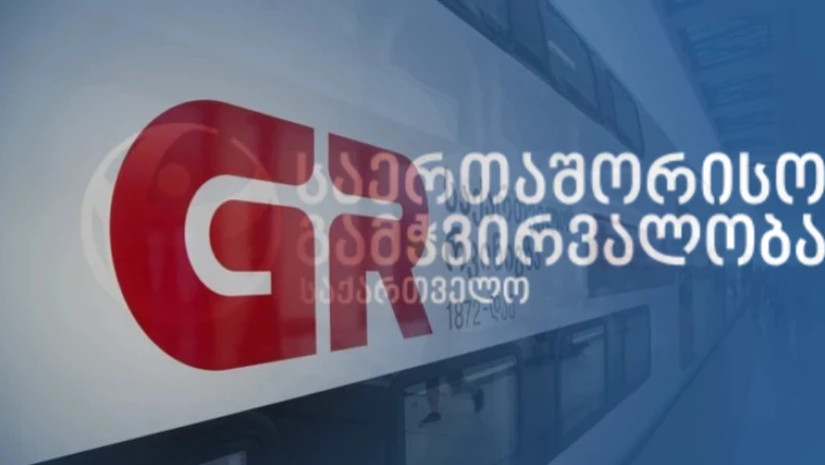Georgian Railway has announced an 184 million GEL tender to purchase electric locomotives. The result of the tender is probably predetermined because only companies with a certificate issued by the Eurasian Union, a customs union established by Russia, can participate.
On November 4 this year, JSC Georgian Railway announced a tender worth 184 million GEL to purchase 10 electric locomotives. The tender participants can submit their proposals from December 3 to December 5, and the winner must deliver the electric locomotives by the end of 2024.
The documentation uploaded to the state procurement website states that the company wishing to participate in the procurement must submit: "a certificate of compliance with the requirements of "НБ ЖТ ЦТ 04-1998" or "ТР ТС 001/2011" ("Safety norms for railway transport. Electric locomotives. Certification requirements" or "Conformity with the requirements of the technical regulations of the Customs Union"), which must be issued by an accredited organization provided for in the register of the Railway Transport Council of the Commonwealth of Independent States (CIS)".
The Customs Union implies the Eurasian Customs Union, which is part of the Russian-founded Eurasian Economic Union (Eurasian Union) and consists of Russia, Kazakhstan, Belarus, Armenia and Kyrgyzstan. With this provision, the Georgian Railway had effectively defined the countries where the goods to be procured could be manufactured.
Georgian Railway announced this tender using a Special Procurement Procedure (GEO). This is the procurement of goods and services using a special procedure established by the government for a specific procurer. The Government of Georgia adopted the Special Procurement Procedure for Georgian Railway on February 8, 2022, and will remain in force until February 10, 2024.
The special procedure does not relieve Georgian Railway from rational spending and providing a fair and non-discriminatory approach to procurement participants (Article 1).
The tender that Georgian Railway announced on November 4 openly violates the fair and non-discriminatory approach to procurement participants (article 2 of the law on State Procurement) by requiring the Russian certificate. A procurer must emphasize the quality of the goods to be procured rather than their origin.
Two years ago, Transparency International Georgia also wrote about a similar tender announced by the Georgian Railway. An Austrian company, GSL Steel Trade GmbH, contacted us stating that the Georgian Railway artificially restricted competition in the tender. The main argument of the Austrian company was the request for certificates from the Eurasian Union. Without this requirement, the Austrian company would have also been able to participate in the tender. Nevertheless, the tender was held, and the Georgian Railway purchased Russian-made rails worth 17 million USD.
We call on the State Procurement Agency and the Competition Agency to study the restrictive conditions of competition in the said tender and to take the measures defined by the law.


















